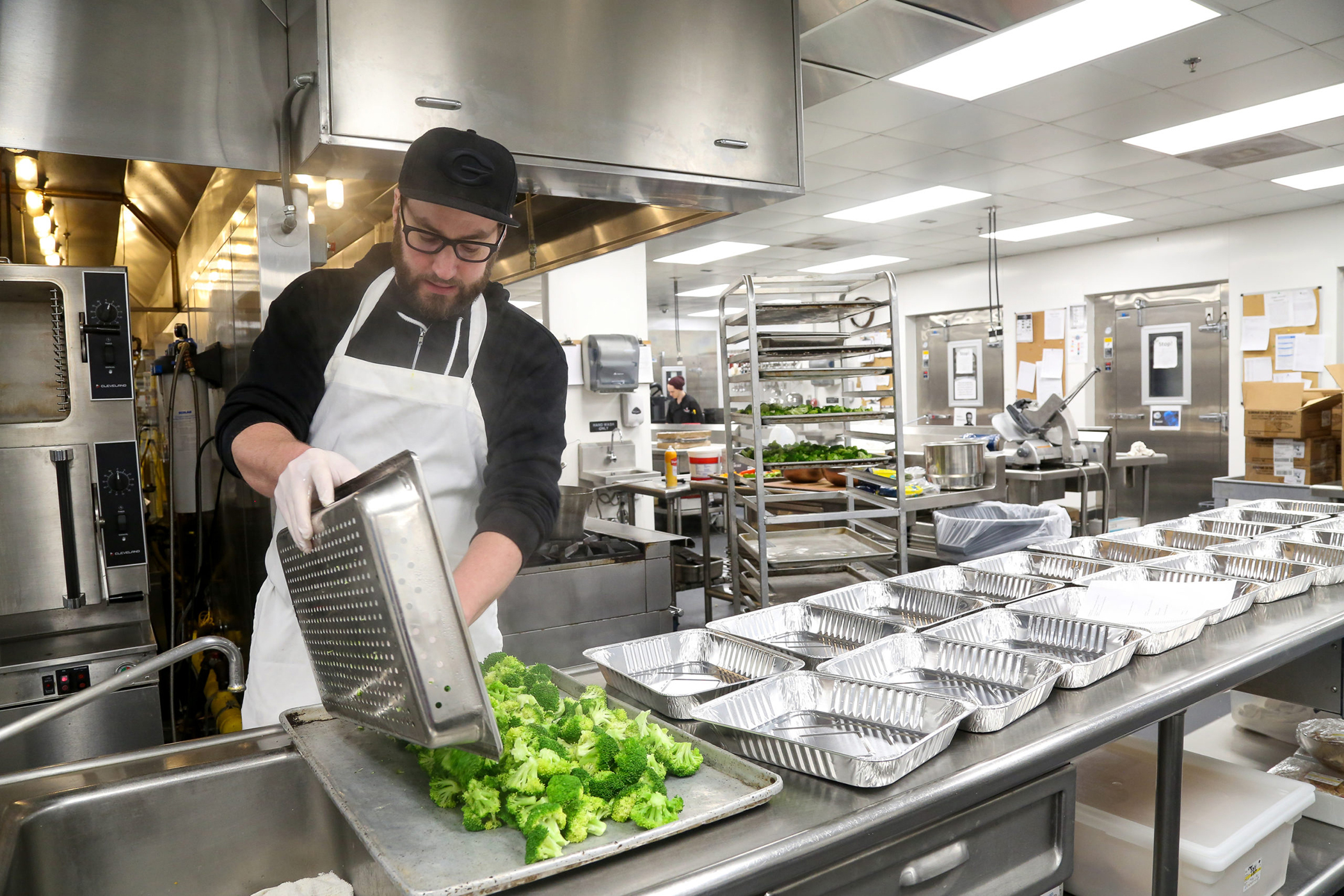From day one, UGA faculty, staff, students, and administrators have worked hard to support health care workers, small business owners, families, vulnerable populations, friends, and neighbors through this difficult time. Here are a few of those ways UGA has extended its resources during the pandemic.
The Athens Free Clinic, an offering of the AU/UGA Medical Partnership, helped provide mobile COVID-19 testing to Athens-Clarke County residents who lack access to health care.
The Georgia Museum of Art, the Marine Extension and Georgia Sea Grant, UGA Libraries, and the Center for Continuing Education offered free educational programs to school-age students who were distance learning. The museum also put a variety of existing and upcoming exhibitions online. The Hugh Hodgson School of Musiclaunched the virtual recital series, Hodgson@Home, which featured performances by student musicians nearly every day.
UGA’s Small Business Development Center offices is providing virtual consulting and online resources to small businesses across the state. In the first week of April alone, more than 1,500 Georgia small business owners logged into center-led webinars. The Carl Vinson Institute of Government also moved its education and training programs for state and local officials online.
The Willson Center for Humanities and Artcreated “Shelter Projects,” a fellowship program to support graduate students and community-based artists in the creation of work reflecting on the pandemic. Projects completed as part of the program will be presented during UGA’s Spotlight on the Arts program in November.
UGA Recreational Sports utilized its suite of social media channels to offer live and pre-recorded fitness sessions, at-home workouts, UGA-themed exercises, and more.
More than 90 students in the College of Public Health participated in a virtual 48-hour COVID-19 Hackathon, where they produced shareable infographics, videos, lesson plans, and more, all aimed at providing helpful and accurate information about COVID-19.
In addition to ramping up its research capacity to combat coronavirus, the College of Veterinary Medicine continued to see and care for patients in Athens. The college’s affiliated laboratories around the state also have remained open to ensure the health of animal companions and safeguard the food supply.
The College of Agricultural and Environmental Sciences, in partnership with the UGA Cooperative Extension and Georgia Grown, are helping connect Georgia farmers to a variety of buyers—consumers, wholesalers, food banks, and restaurants—to help alleviate in coronavirus-related market disruptions.
The School of Law offered conflict mediation services to families, partners, and roommates sheltering together, as well as to tenants and landlords.
UGA’s student-run Campus Kitchen program, which assists food insecure families in Athens-Clarke County, expanded its scope to provide nutritious snacks and meals to local health care workers. Staff from the Office of Service Learning delivered the food. Fresh produce came courtesy of the State Botanical Garden of Georgia and UGArden, a student-run farm on South Milledge Ave.
The Osher Lifelong Learning Institute (OLLI) moved all 60 of its courses online. Many of the 1,100 members who were taking classes when the pandemic hit are homebound in senior centers with family members out of arm’s reach. The effort was so successful that April 2020 registrations rose 133 percent from April 2019.


